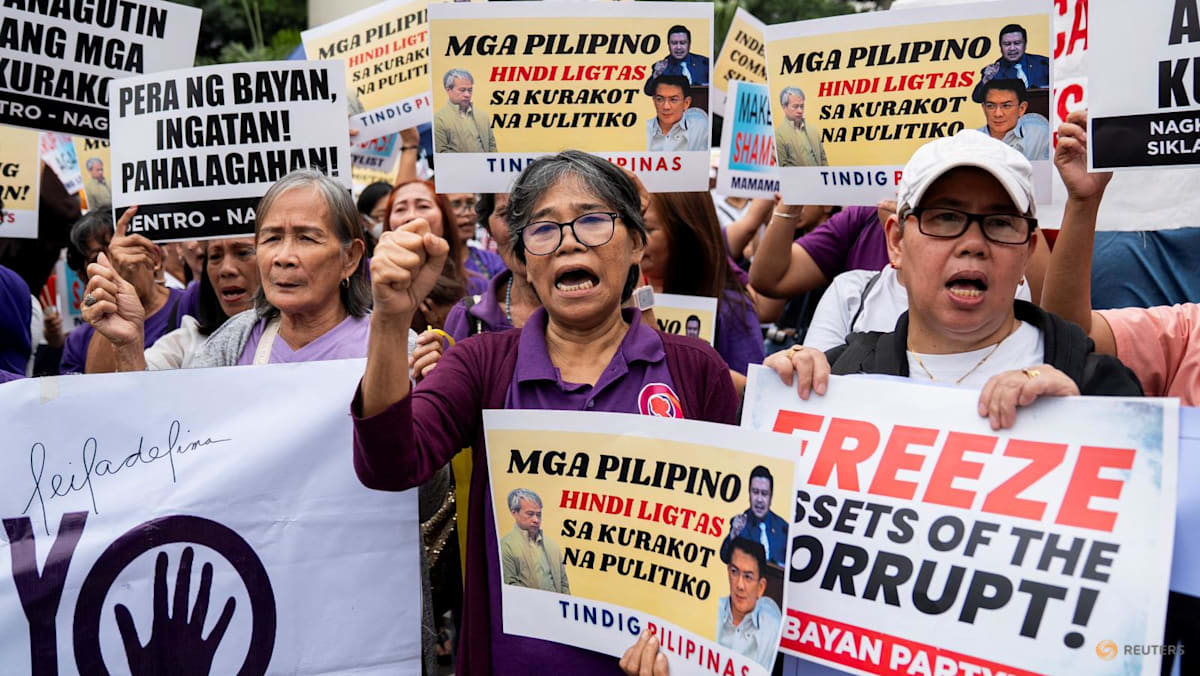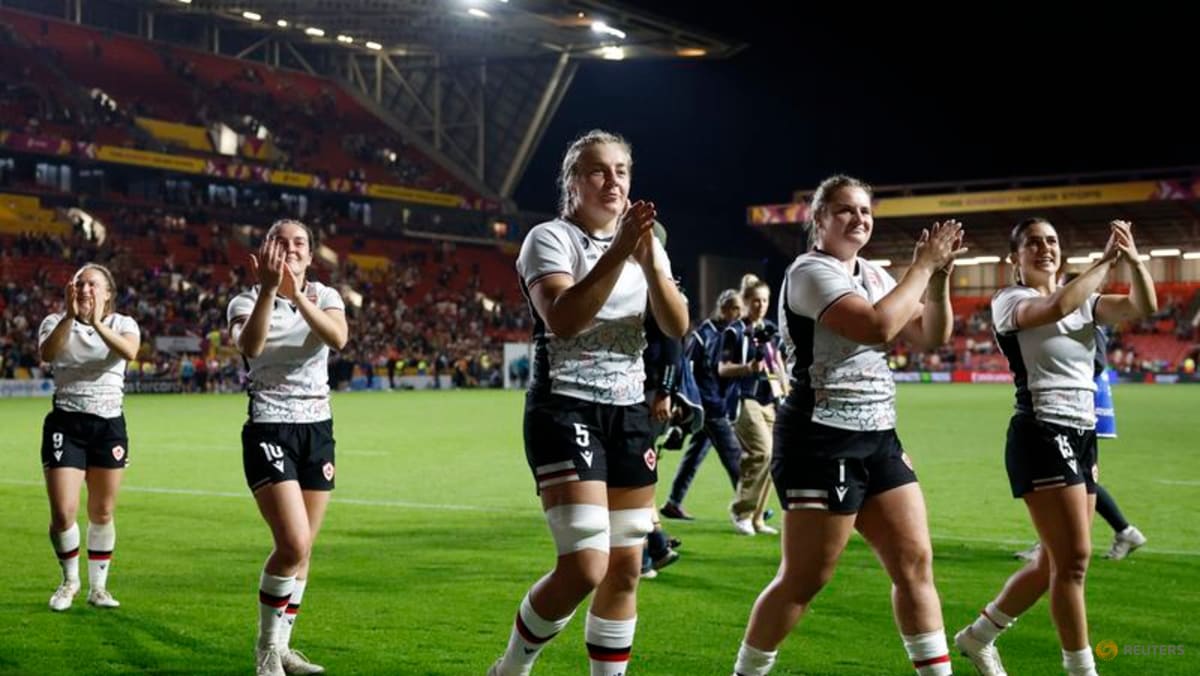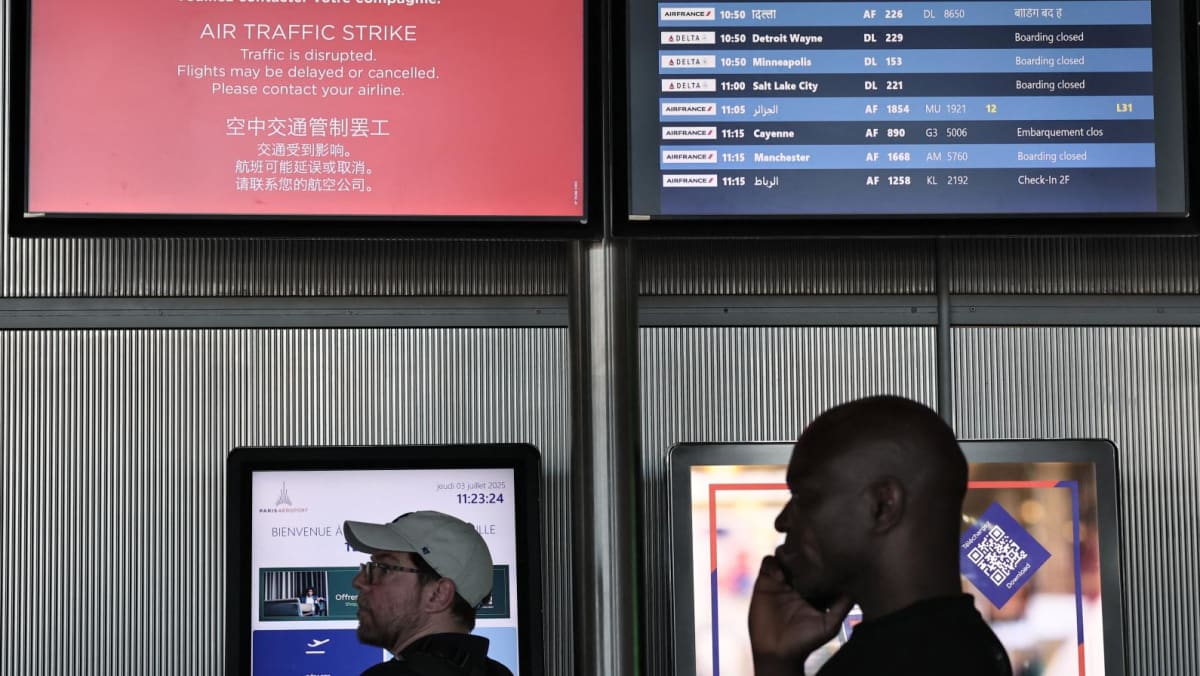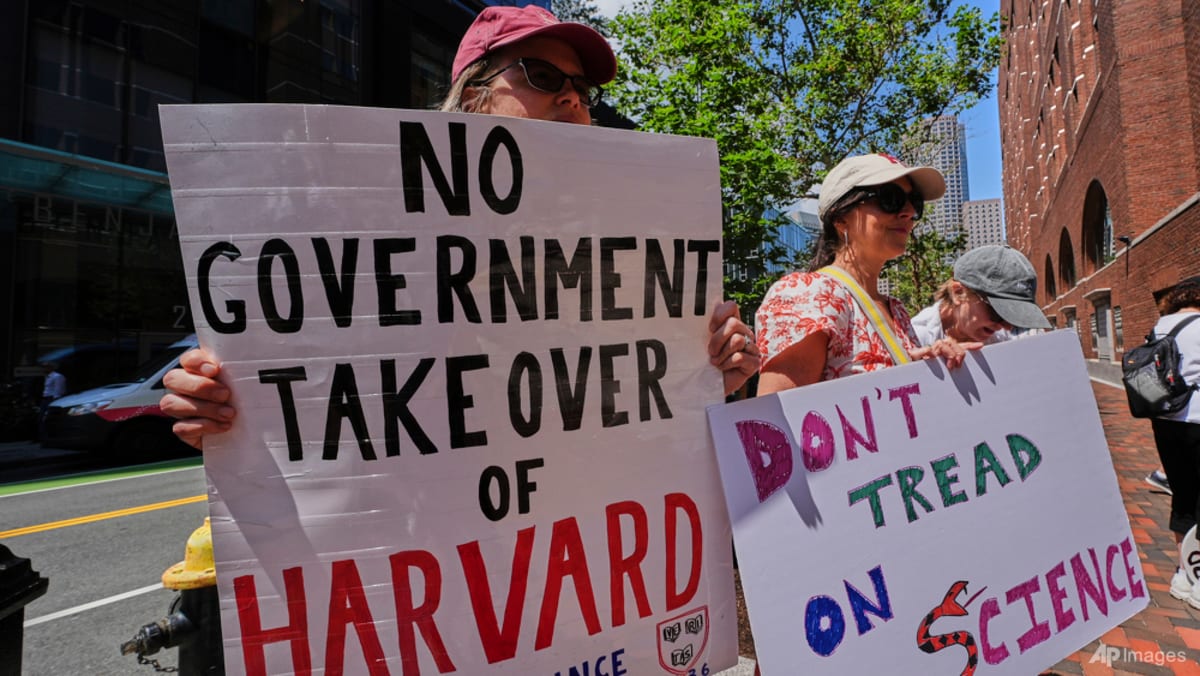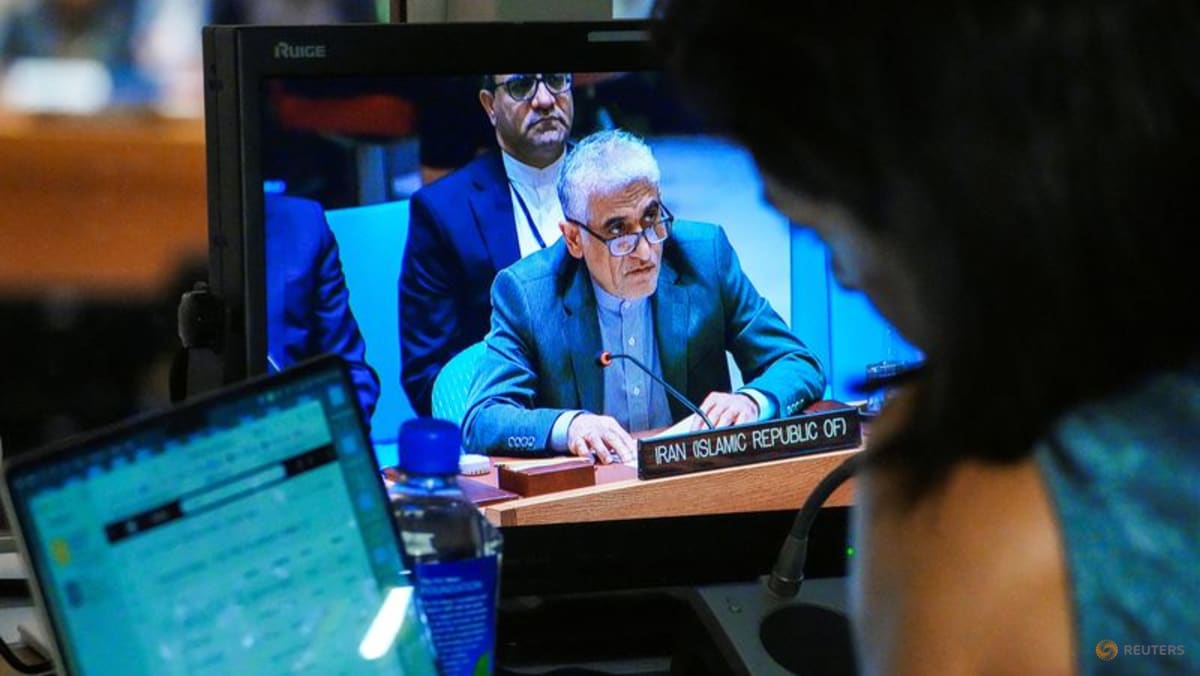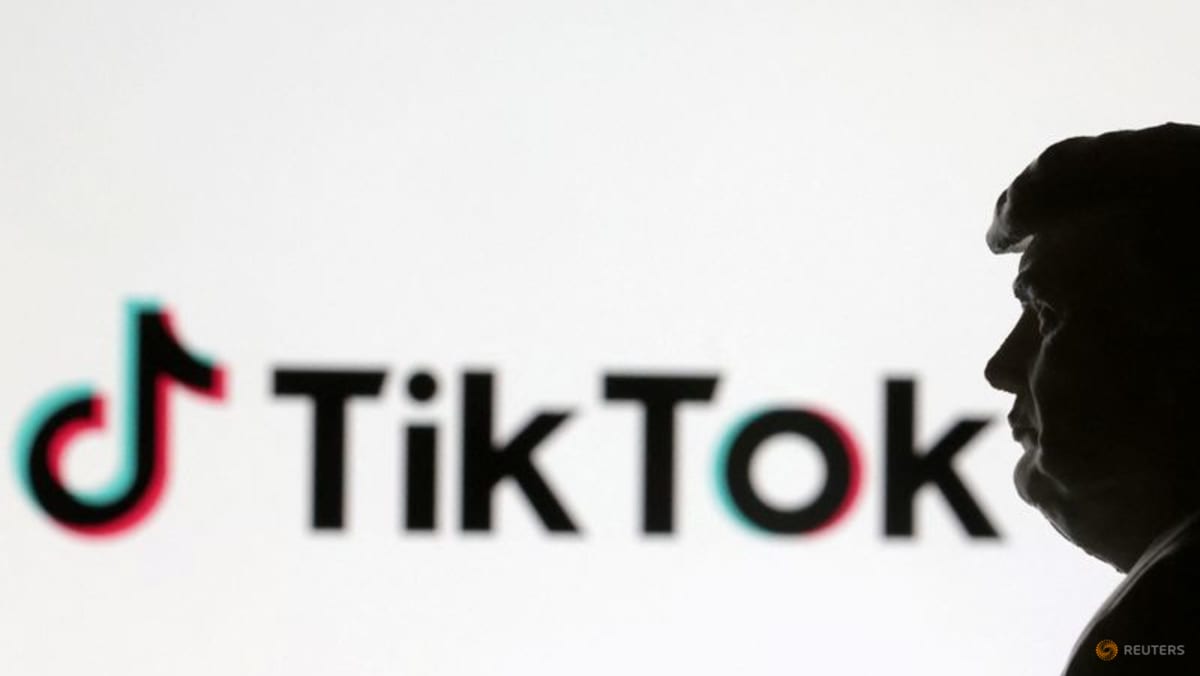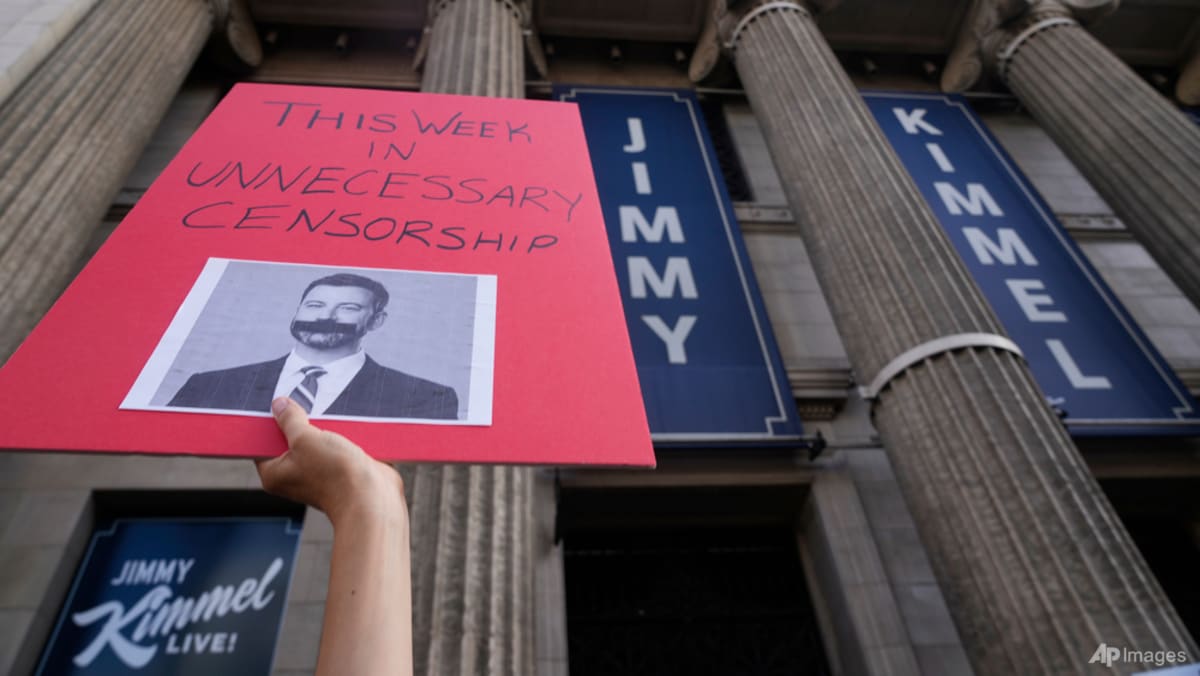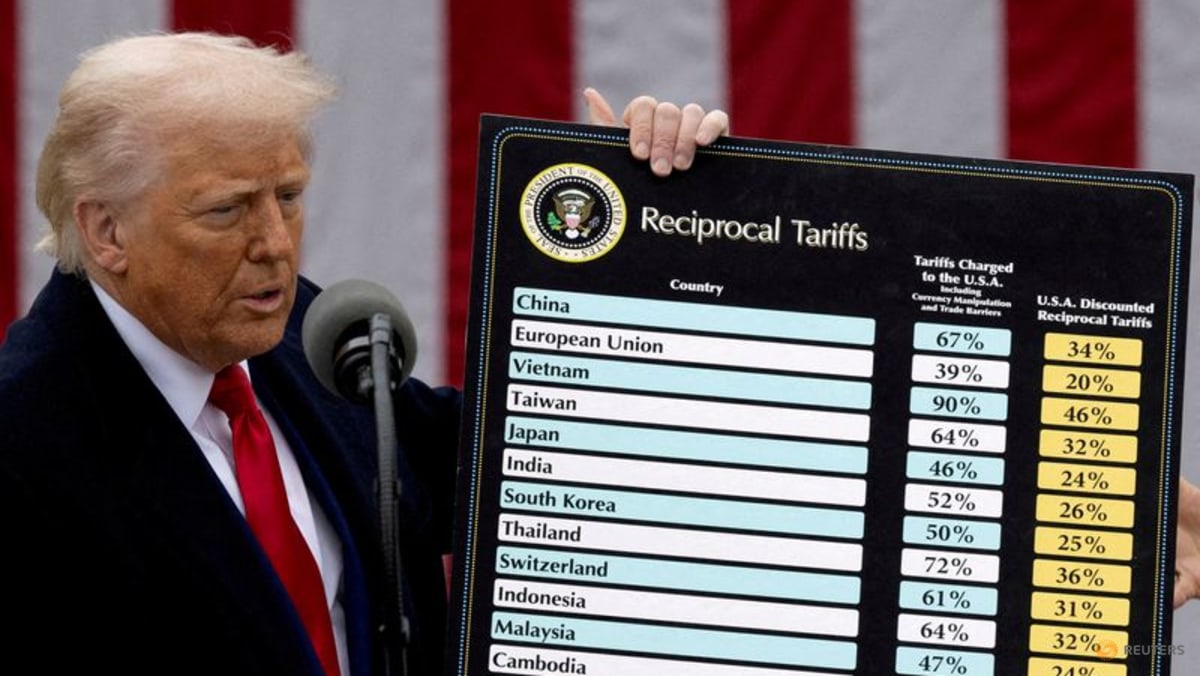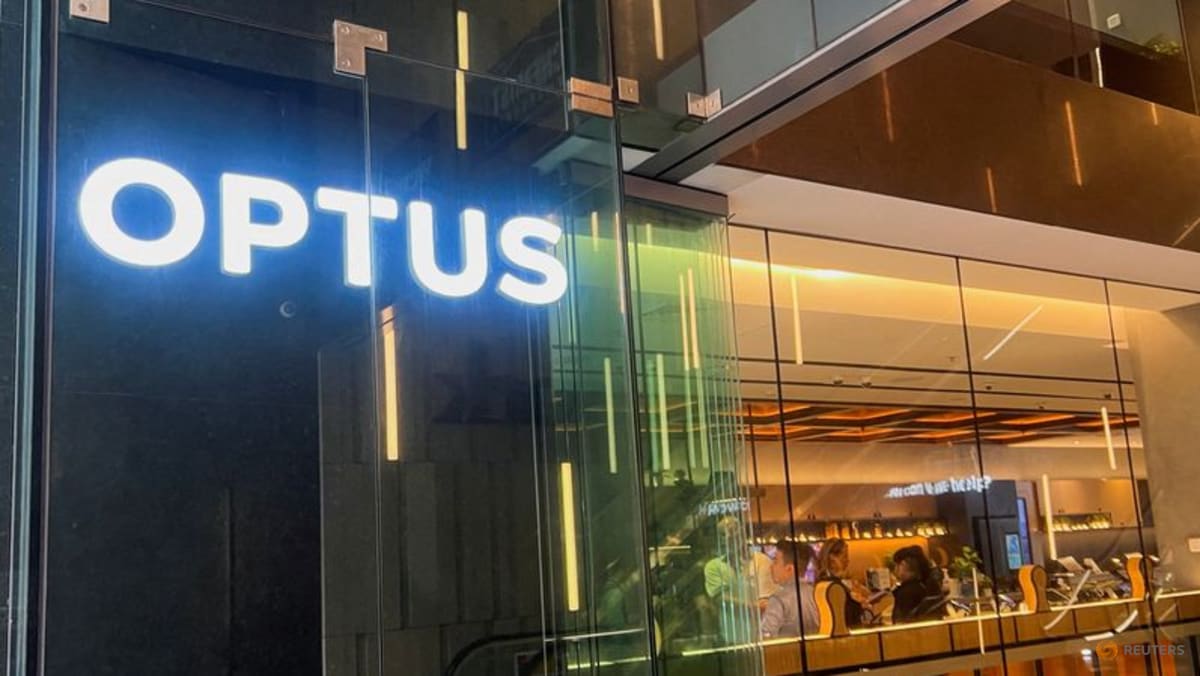PARIS: French air traffic controllers launched a two-day strike on Thursday (Jul 3) to protest understaffing and “toxic management”, disrupting travel for tens of thousands of people in Europe at the start of a busy summer holiday season.
Hundreds of flights have been cancelled in France, with the strike by two French unions also affecting air traffic across western Europe.
Half of all flights in Nice, France’s third-largest airport, and a quarter of flights at Paris Orly and Paris Charles de Gaulle, one of Europe’s busiest hubs, have been cancelled.
Disruption is expected to worsen on Friday, the eve of the school holidays.
“We’re trying to stay positive, there are worse things, but it’s annoying,” Nadia Rivet, a 51-year-old bank employee, told AFP.
Rivet was planning to spend six days in the French capital, but her flight from the southwestern city of Pau on Thursday morning was cancelled.
“Everyone has the right to strike, but it’s punitive. Air traffic controllers aren’t the worst off,” she said, adding she hoped to have more luck on Friday.
The DGAC civil aviation authority has asked airlines to cancel some of their flights to ensure there are enough controllers on duty.
“HELD TO RANSOM”
Ryanair, Europe’s largest airline, said on Thursday it was forced to cancel 170 flights, affecting 30,000 passengers.
“Once again European families are held to ransom by French air traffic controllers going on strike,” said Ryanair CEO Michael O’Leary.
The airline pointed out that most disrupted passengers were not flying to or from France but overflying French airspace.
“It makes no sense and is abundantly unfair on EU passengers and families going on holidays,” O’Leary said.
He urged European Commission chief Ursula von der Leyen to take “urgent action” to protect overflights, among other reforms.
Airlines for Europe (A4E), an industry association which includes Ryanair, Air France-KLM, Lufthansa, British Airways and EasyJet, described the action as “intolerable”.
According to sources, 270 air traffic controllers out of a total workforce of around 1,400 went on strike.
UNSA-ICNA, the second biggest labour group in the sector, launched the action to demand better working conditions and more staff.
